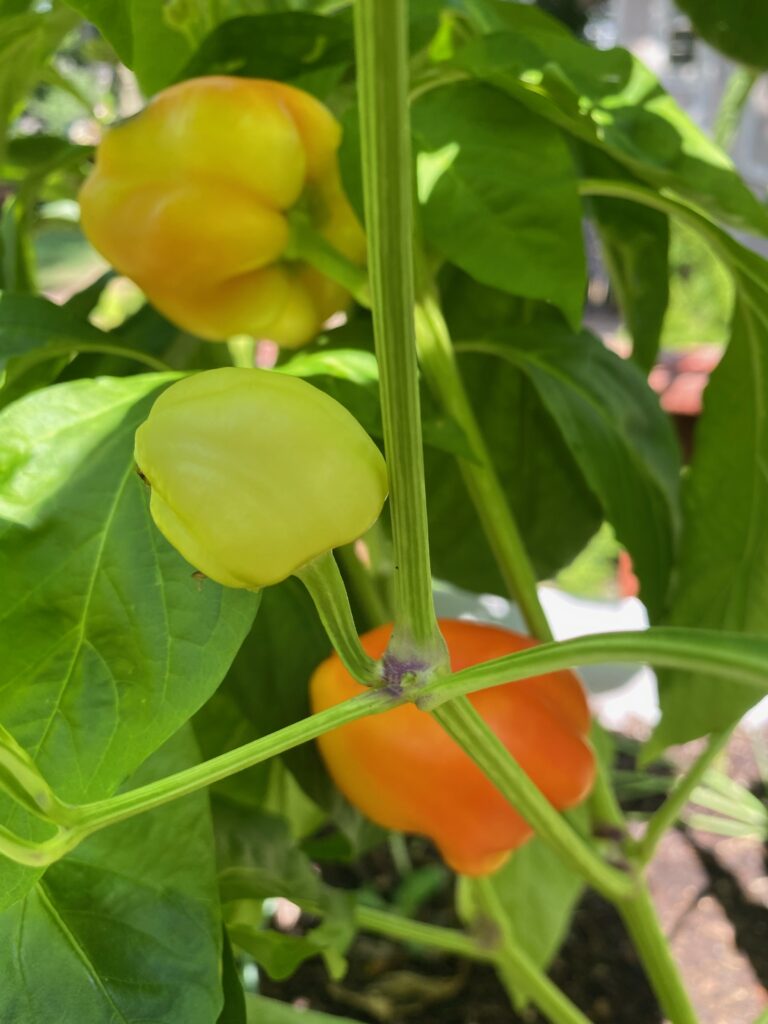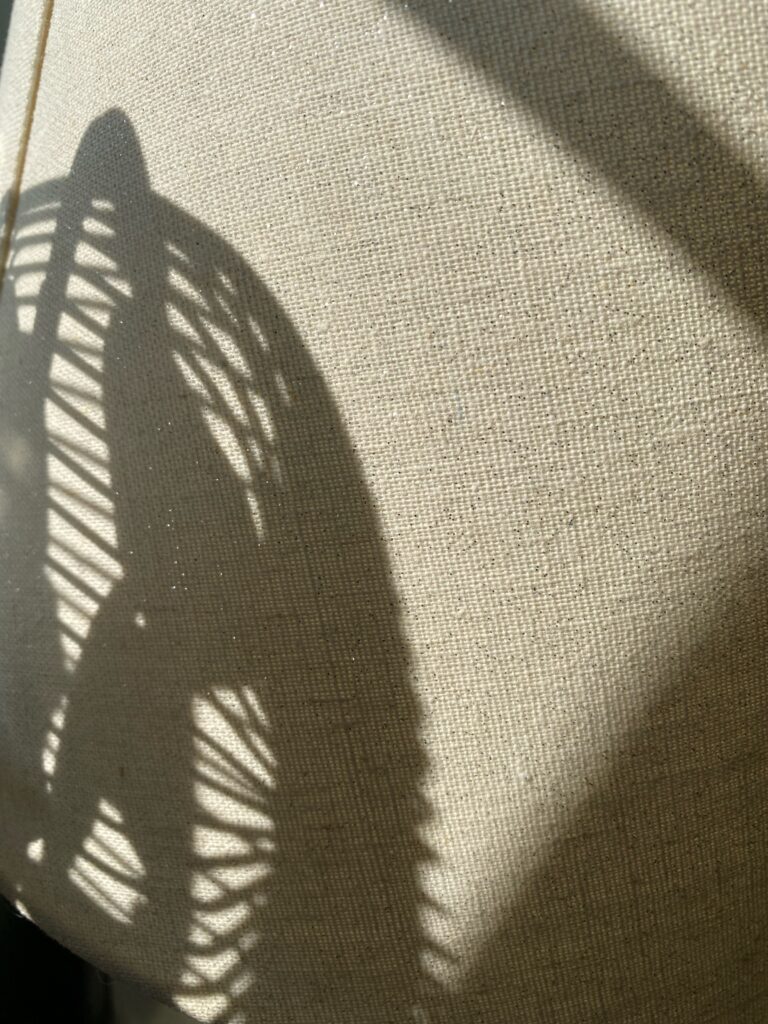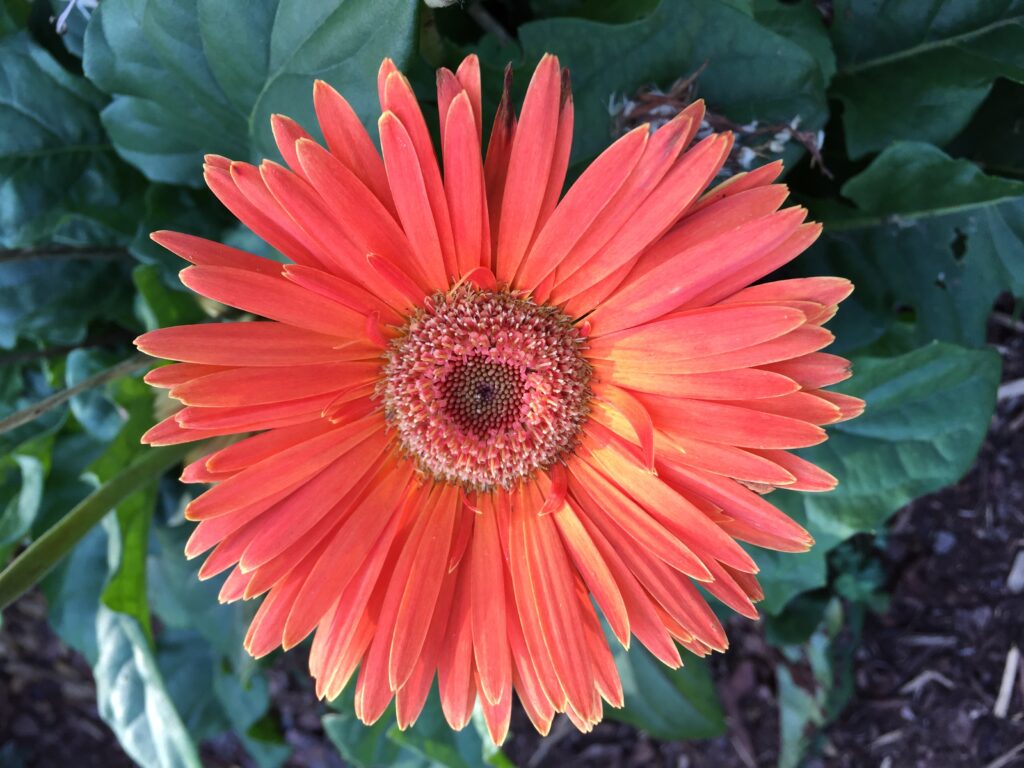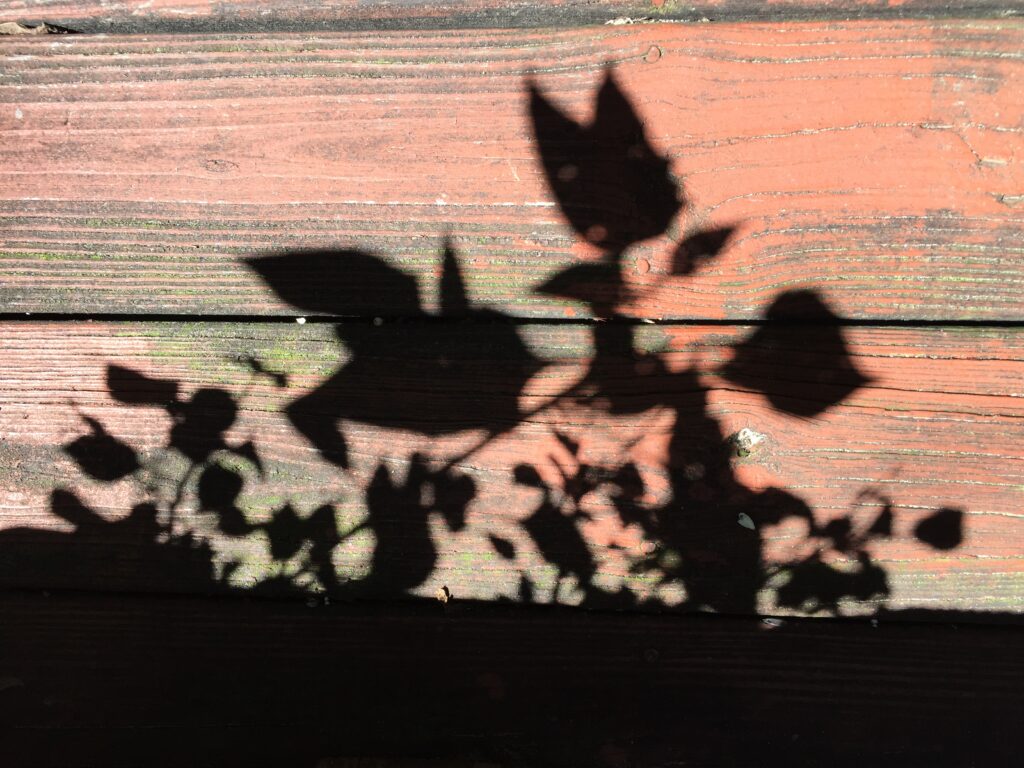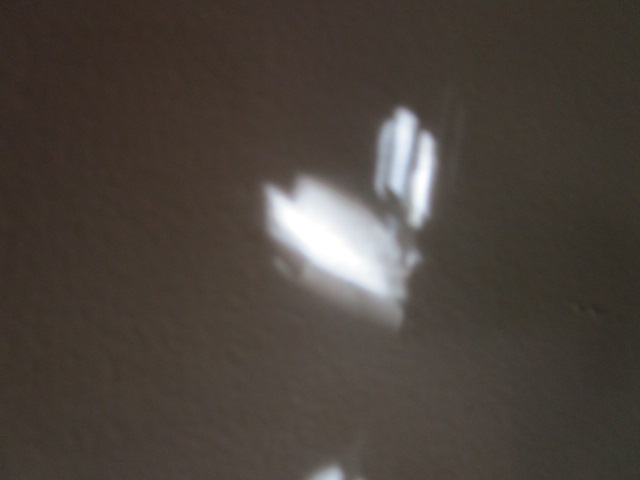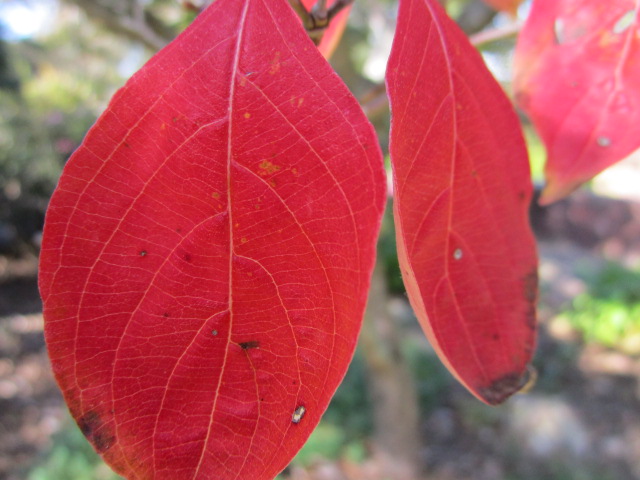“In any true, great piece of art you will always find four qualities which the artist has put into his creation,” said actor and director Michael Chekhov. He calls those qualities the “Four Brothers”: a feeling of Ease, a feeling of Form, a feeling of Beauty, and a feeling of the Whole.
I just spent the afternoon at the Frist Center for the Visual Arts, which is itself a work of art, built in the early 1930’s in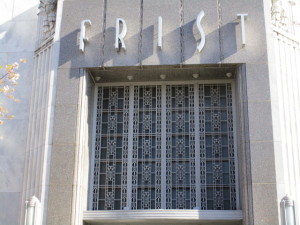 classicism and Art Deco styles. Ease, Form, Beauty, Wholeness, the building fits Chekhov’s definition perfectly. The main gallery is currently exhibiting a collection from a noble family in Spain, the House of Alba, which includes paintings by artists like Titian, Goya, Velasquez, and Rubens. Many of the paintings are portraits from as early as the 15th century, and it’s interesting not only to see how the people dressed and wore their hair but also to notice what else they wanted in the painting. As one description of the exhibit points out, “[A] portrait declares his or her intellectual interests, social standing, and values. Crowns, gowns, hairstyles jewelry, military insignia, musical instruments and pets all give us insight into . . . how he or she wanted to be remembered.”
classicism and Art Deco styles. Ease, Form, Beauty, Wholeness, the building fits Chekhov’s definition perfectly. The main gallery is currently exhibiting a collection from a noble family in Spain, the House of Alba, which includes paintings by artists like Titian, Goya, Velasquez, and Rubens. Many of the paintings are portraits from as early as the 15th century, and it’s interesting not only to see how the people dressed and wore their hair but also to notice what else they wanted in the painting. As one description of the exhibit points out, “[A] portrait declares his or her intellectual interests, social standing, and values. Crowns, gowns, hairstyles jewelry, military insignia, musical instruments and pets all give us insight into . . . how he or she wanted to be remembered.”
Because, really, it’s the person, not the painting who is the greater work of art. We who are roaming the galleries are the masterpieces. In fact, in one version of ancient scriptures, St. Paul says, “We are God’s masterpiece” or poiéma in ancient Greek, which technically means creation or workmanship but became the word for, yes, poetry or poem.
It just so happens that April is National Poetry Month – a perfect time to think of ourselves as living, breathing poems, as works of art. I suspect that’s why Chekhov’s “Four Brothers,” those feelings of great art, call to the deepest places in us. Great art resonates with the desire of our souls for ease, form, beauty, and wholeness.
Great art calls to the art that is you. You are the art, the poem, the masterpiece. As you meditate this week, breathe into that place of ease, feel and accept yourself in your own unique form and beauty, and open your spirit to the wholeness that is around you and within you.
Nourish peace, cultivate loving kindness, and carry the calm.
Nature photo of the week:
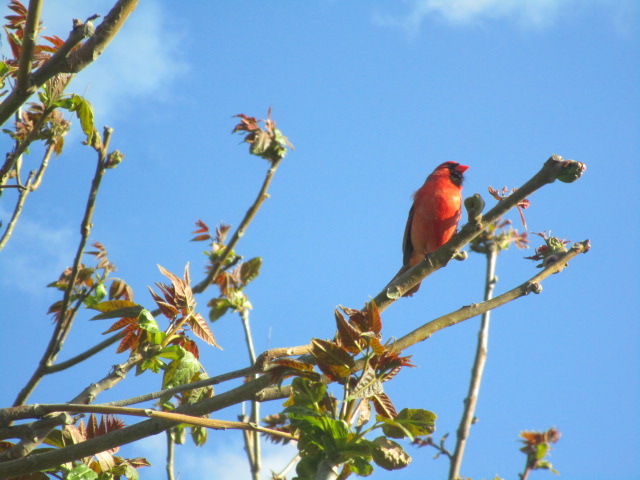
Shadow of the Week:
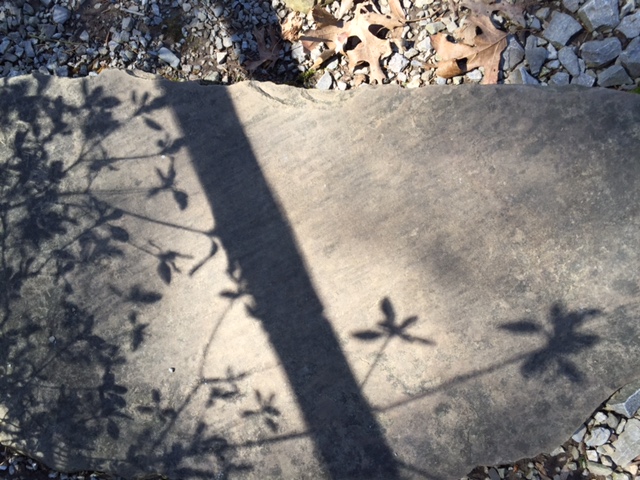
Text and photos © 2016 Karyn Henley. All rights reserved.
Far Away in the Sunshine

